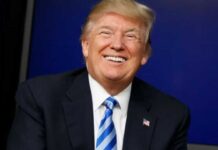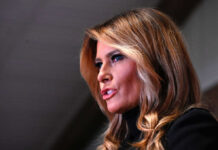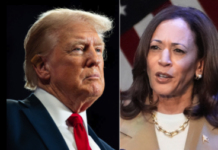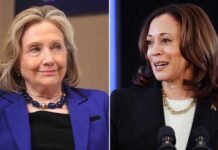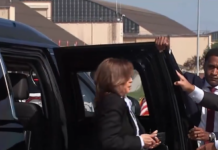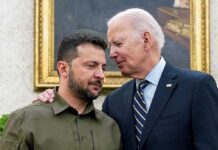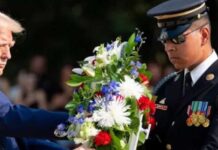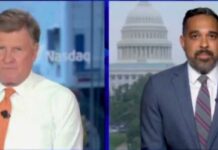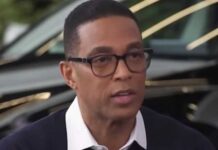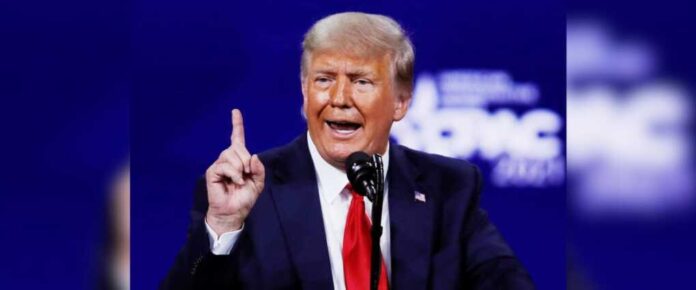
Former President Donald Trump just made a pretty big announcement during an interview recently.
Traditionally, once presidential candidates receive their parties nomination they get security briefings from officials. However, Trump is refusing the classified briefings and with good reason.
This decision comes on the heels of a controversial indictment in Trump’s post-presidency. The FBI’s recovery of government documents, including classified materials, from his Mar-a-Lago residence in Florida has already cast a shadow of suspicion over his handling of sensitive information.
“I don’t want them, because, number one, I know what’s happening. It’s very easy to see what’s happening,” Trump stated. His remarks quickly shifted to sharp criticism of President Joe Biden and Vice President Kamala Harris, whom he branded as incompetent leaders. Trump went further, labeling Harris a “Marxist,” accusing her of ruining San Francisco and California, and claiming that America is not ready for such leadership.
Trump doesn’t want intelligence briefings pic.twitter.com/yD1RfJvh6Z
— Karli Bonne’ 🇺🇸 (@KarluskaP) August 22, 2024
Trump’s concerns about the briefings are deeply tied to his belief that any subsequent leak of information could be unfairly attributed to him. Trump sensing a deep state trap said that he’s worried that as soon as he would be given information there would be allegations that he’s leaking classified information.
The tradition of offering intelligence briefings to presidential nominees dates back to the early 1950s under President Harry Truman. These sessions are designed not only to ensure a smooth transition of power but also to safeguard national security during the high-stakes period of an election campaign. The Office of the Director of National Intelligence typically conducts these briefings, which are less frequent and comprehensive than the President’s daily brief but are crucial for informing candidates about the current global landscape.
As former CIA Deputy Director Mike Morrell pointed out, the purpose of these briefings is not just to prepare candidates for office but also to protect national security during the campaign. With both allies and adversaries closely monitoring the statements made by presidential hopefuls, these briefings play a crucial role in preventing any missteps that could have serious international repercussions.
Trump’s refusal of these briefings is pretty smart, knowing that the establishment is doing everything it can to stop him.


